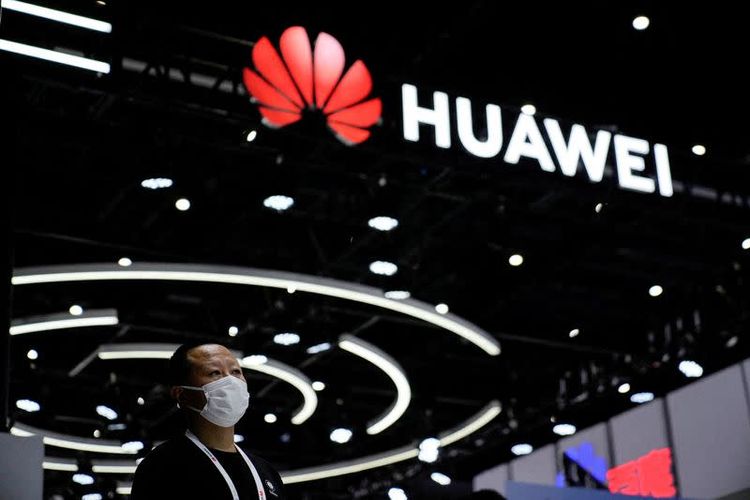Huawei Unveils Tech ‘to Boost China’s AI Computing Power’

The technology company that was affected by sanctions in the United States announced its intention to assist customers in constructing and educating their own artificial intelligence (AI) models using its native processors and framework.

Huawei Technologies, a company that has been affected by US sanctions, introduced an enhanced iteration of its Pangu AI model during its three-day yearly developer conference in Dongguan on Friday. The company asserted that this latest development will significantly enhance China's computational capabilities.
According to a report from the SCMP, Zhang Pingan, CEO of Huawei Cloud, mentioned that the rising demand for computing power in China is putting a strain on the existing infrastructure. He expressed the intention to provide an alternative in the realm of artificial intelligence computing power.
According to the report, Huawei has set a goal to assist its customers in creating and instructing their own artificial intelligence (AI) models. This will be done using Huawei's in-house processors and framework.
US To Restrict China's Access To Amazon, Microsoft Cloud - WSJ
The technology company stated that its artificial intelligence (AI) adopts a unique strategy compared to other AI programs. Rather than prioritizing content creation, the Pangu 3.0 model primarily caters to industrial purposes, according to the company.
According to the SCMP report, the company from Shenzhen stated that its processors have the ability to teach AI models with 1.1 times better effectiveness compared to other widely used GPUs. However, it did not provide any further details on the criteria it utilized to reach this conclusion.
Additionally, Huawei stated that their prototype intends to enhance the efficiency of safety inspections for cargo train compartments, provide artificial intelligence support for local government services, and improve the precision of weather forecasting.
The company’s revelation arrives at a moment when Chinese enterprises are struggling to acquire sophisticated AI chips, subsequent to being deprived of access to leading chip providers such as AMD and Nvidia, courtesy of recent export limitations imposed by the United States.
The United States is getting ready to broaden its sanctions in the upcoming months to impede Chinese businesses that are vying for a spot in the worldwide artificial intelligence competition.
Alibaba's AI Image Generator Launch
In the meantime, the troubled Chinese technology powerhouse Alibaba Group presented a cutting-edge AI image creator at the World Artificial Intelligence Conference in Shanghai last Friday.
Tongyi Wanxiang, the generator, will be in direct competition with OpenAI's DALL-E and Midjourney Inc's Midjourney. These two AI tools from the United States have amassed a considerable global fanbase.
Tongyi Wanxiang is set to launch in beta version, catering specifically to corporate clients.
Chinese tech firms are vigorously advancing in the development of AI products following the tremendous success of OpenAI's ChatGPT chatbot, which has sparked a widespread growth in generative AI. According to McKinsey, there is a projected potential to contribute approximately $7.3 trillion annually to the global economy through generative AI.
Alibaba Cloud came about after a substantial reorganization declared in March, which divided the Chinese technology giant into six divisions. In April, it introduced Tongyi Qianwen, a text generator similar to ChatGPT.
Besides the Tongyi Wanxiang image generator, which can be roughly described as "truth extracted from countless images," Alibaba Cloud also introduced ModelScopeGPT, an artificial intelligence tool designed for developers, last Friday.
China Warns: Curbs On Chip Metal Just Starting
US Investing In China: Chips, AI, Quantum
Nvidia: China's Restrictions Hinder US Potential
China’s AI Remains Unaffected By US Chip Sanctions
Nvidia Chips Banned, Sold In Chinese Black Market
Vishakha Saxena holds the position of Multimedia and Social Media Editor at Asia Financial. She has been active in the field of digital journalism since 2013 and carries extensive experience as a writer and producer of multimedia content. With a great enthusiasm for stock market trading and investing, Vishakha has a strong interest in the economy, emerging markets, and the ways in which finance and society intersect. Feel free to connect with her on Twitter by tweeting @saxenavishakha.

























